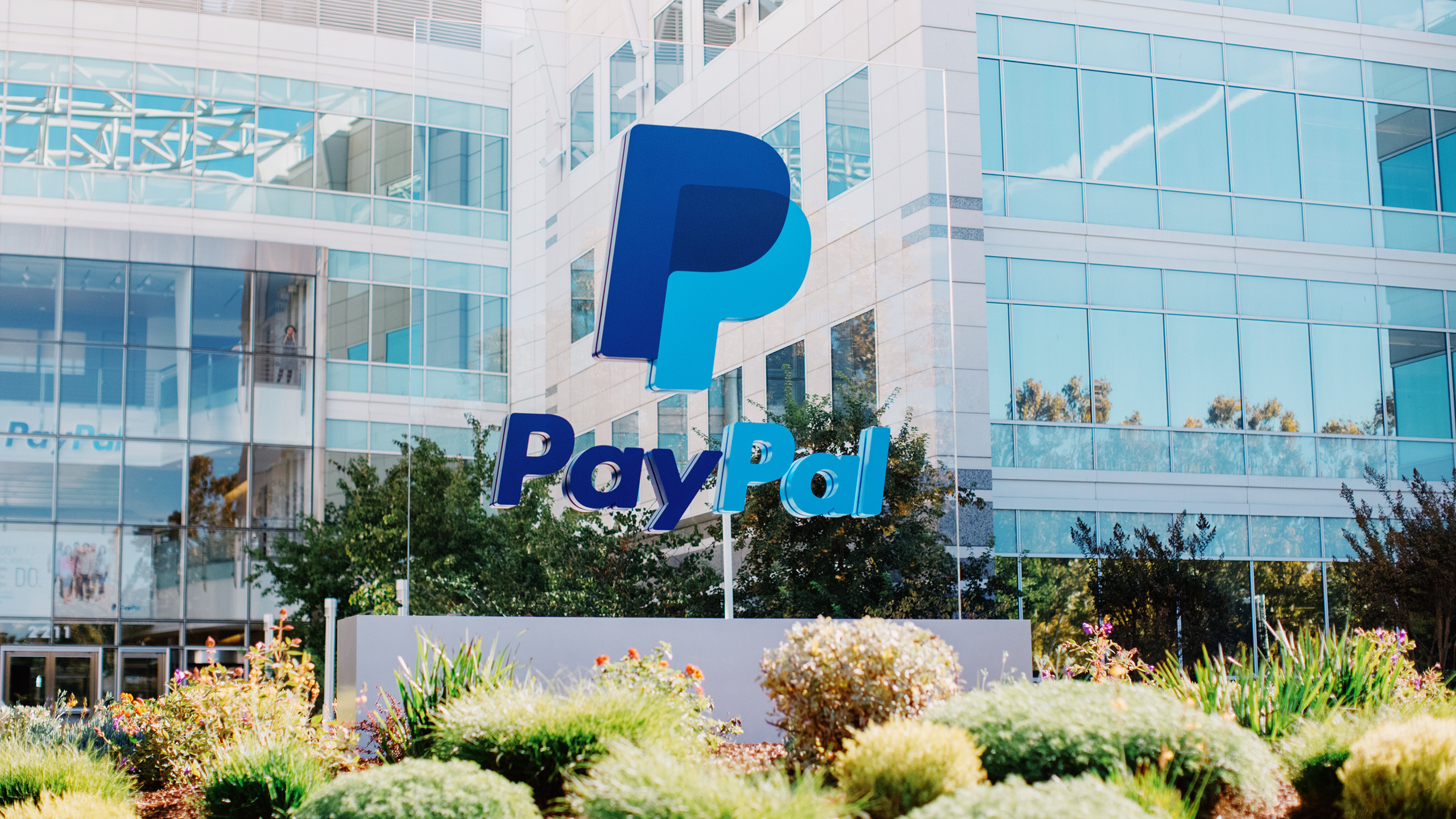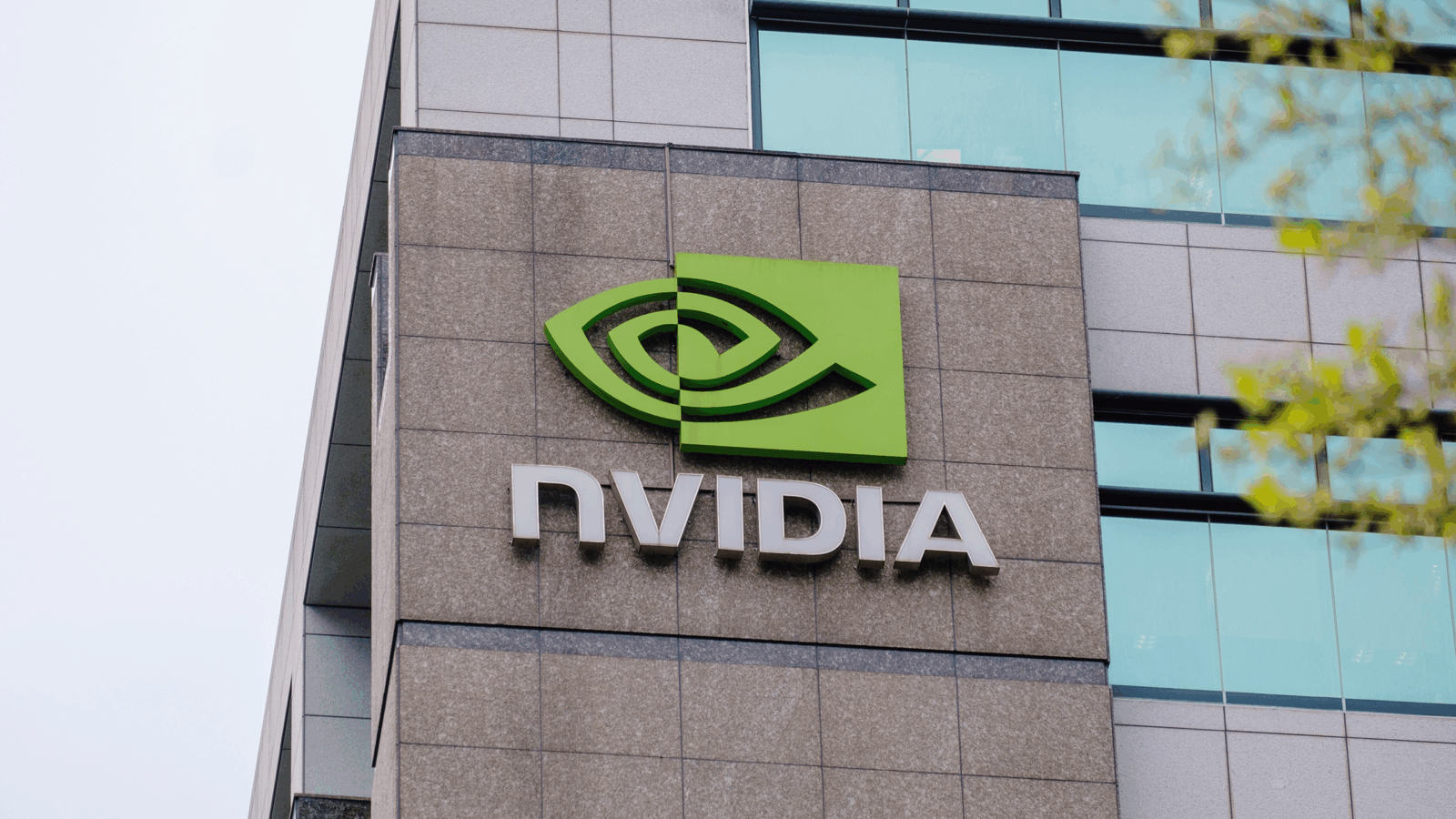PayPal Grows a New Ads Business
PayPal is harnessing purchase data to join the ever-growing list of companies with a new offshoot advertising business.

Sign up for smart news, insights, and analysis on the biggest financial stories of the day.
Oh, do you not have an advertising business? How embarrassing for you.
PayPal has joined the ever-growing list of companies with a new offshoot advertising business, announcing on Tuesday that it hired a former Uber ads boss, Mark Grether, to run it. It’s not the only payments company to get into the ad game, but it does seem to be going bigger than its compatriots by working with advertisers who don’t actually use PayPal.
Shopping Lists
Digital advertising is built on data — mountains of it. A lot of that data is sourced from your general online habits, but the catch is that the data generated by your endless doomscrolling doesn’t necessarily indicate what you might actually buy. Payment services like PayPal have something a little more forensic: your purchase history.
A PayPal spokesperson told The Wall Street Journal the company has already started testing a new advertising product called Advanced Offers, which uses AI (obviously) to target PayPal users with ads for discounts and special deals from merchants that use PayPal. The spokesperson said it has been testing this on eBay and Zazzle. Chase Bank announced a similar idea in April, although its ads are fairly confined to in-house platforms like its banking app, whereas PayPal has the advantage of being more of a roving presence on the internet. Plus, it’s looking to broaden its horizons:
- Per the WSJ, PayPal is planning to sell customer data to advertisers who don’t use PayPal as well, which means that ads informed by the data could pop up pretty much anywhere, closer to the classic digital advertising formula of following you around the internet.
- PayPal’s spokesperson said that PayPal users would automatically be signed up to have their purchase data hoovered up, but they can choose to opt out. Privacy activists, start your engines.
“If you’re someone who’s buying products on the web, we know who is buying the products where, and we can leverage the data,” Grether told the WSJ.
It’s Free Real Estate: Companies entering the ads business understandably start rooting around for any extra advertising space they can sell. Earlier this month, Amazon Prime, which launched an ad tier to its streaming service in January, announced that it was rolling out some new types of ads, including ones that pop up next to — you guessed it — other ads. Welcome to the Ad-ception.











